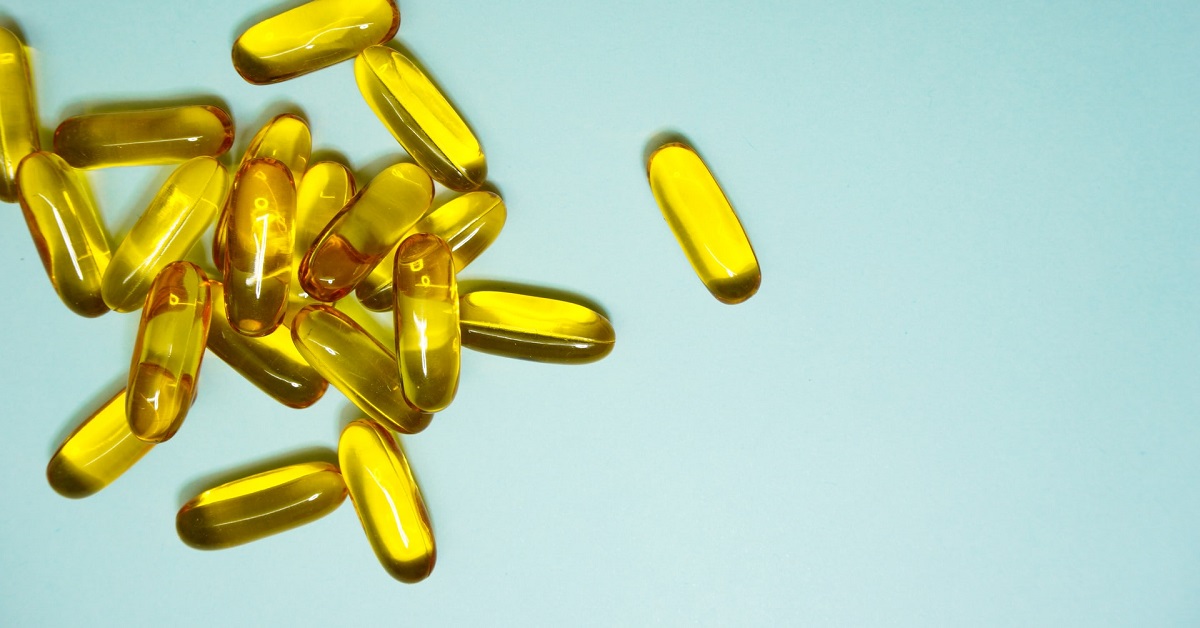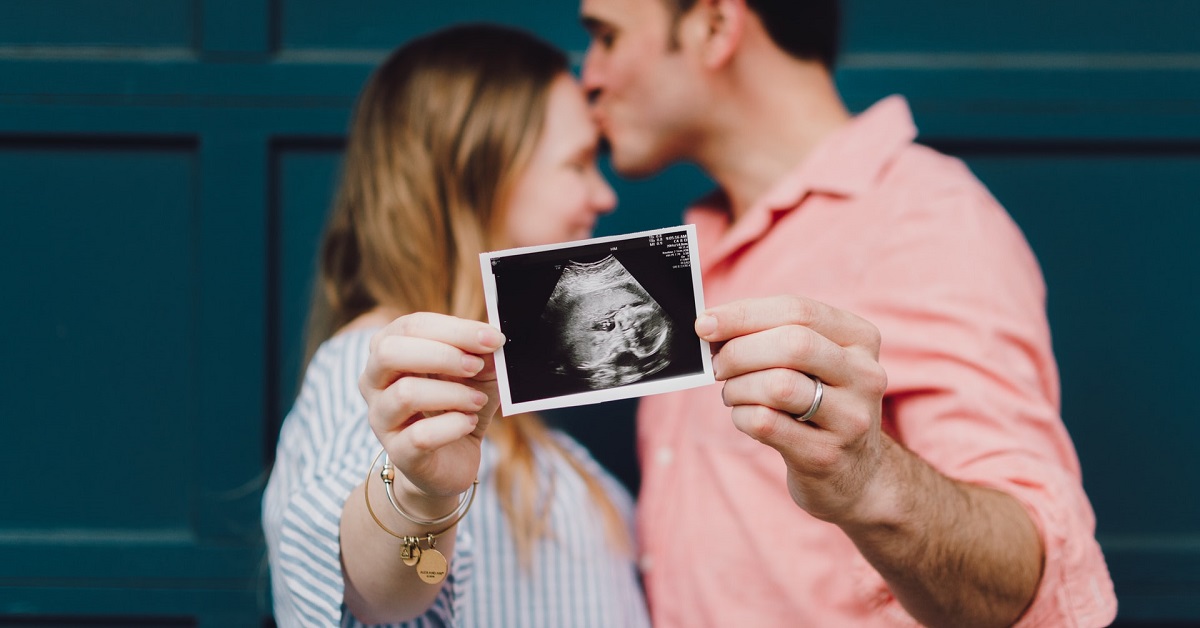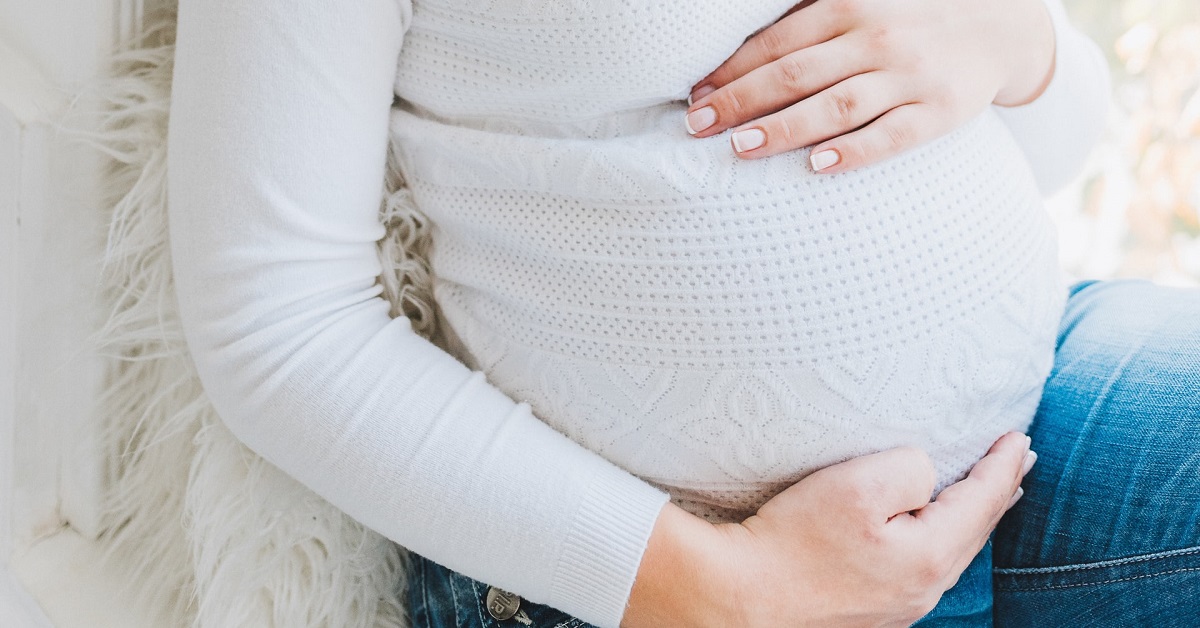Chemist.net Cookie Policy : We use cookies to enhance your user experience. To find out more please view our cookie policy
What are the Best Vitamins for Pregnancy?

Eating a healthy, varied diet during pregnancy will ensure that you get the majority of the vitamins and minerals you require. However, if you are pregnant or are planning to get pregnant, you should also take a folic acid supplement. Keep reading to find out the best vitamins for pregnancy in the UK.
Do I really need the best prenatal vitamins for pregnancy?
Prenatal vitamins are multivitamins for women who are pregnant or those who plan to get pregnant. They have more of some nutrients that you need during pregnancy than a regular multivitamin. Your pharmacist may recommend prenatal vitamins, which you may also buy over-the-counter without a prescription. Take a prenatal vitamin daily while you are pregnant. Start taking the vitamins as soon as you plan to get pregnant.
Your body uses vitamins, minerals, and other nutrients found in food to stay strong and healthy. During pregnancy, your growing baby receives all of the nutrients it requires from you. You may need more throughout pregnancy than you did before as a result. If you are expecting multiples, for example twins or triplets, you could need more nutrition than if you are expecting just one child.

The best vitamins for pregnancy in the UK
Start taking 400 micrograms of folic acid per day; starting before you get pregnant and continuing until you're 12 weeks pregnant. This is done to reduce the possibility of problems with the baby's development during the first few weeks of pregnancy. Additionally, you ought to take a vitamin D supplement daily.
Avoid taking supplements containing vitamin A (retinol) or cod liver oil while expecting. Too much vitamin A may be harmful to your baby. Always double-check the label.
If you experience back pain during your pregnancy, check out how to treat back pain in our previous blog post here:
What vitamins for pregnancy in the UK should pregnant women avoid?
While some micronutrients and herbs are safe to supplement during pregnancy, many should be avoided or not taken in large amounts.
Always consult your pharmacist before taking any supplements in addition to any prenatal vitamins you may be taking.

1. Vitamin A
Prenatal supplements usually contain vitamin A. Although vitamin A is crucial for fetal vision development and immune function, too much of it can be harmful.
2. Vitamin E
This fat-soluble vitamin is involved in gene expression and immune function, among other things. While vitamin E is essential for health, it is not recommended that you supplement it.
3. Black cohosh
Black cohosh is a member of the buttercup family and is a plant used for a variety of purposes, including the relief of hot flashes and menstrual cramps.
Taking this herb during pregnancy is risky because it can cause uterine contractions, which can lead to preterm labour.

4. Goldenseal
Goldenseal is a plant that is used as a dietary supplement to treat respiratory infections and diarrhoea, though research on its effects and safety is limited.
Pregnancy is a time of growth and development, so health and nutrition are of the utmost importance. The goal is to provide the best possible care for that little one.
While some supplements can be beneficial during pregnancy, others can have serious consequences for both you and your baby.
Importantly, while certain vitamins and minerals may help fill nutritional gaps, they are not intended to replace an eating plan and lifestyle.
You can also check out the benefits of vitamin C tablets in our previous blog post here:
Vitamin C Benefits Shop Pregnancy Products
This blog post was written on behalf of Chemist.net by Pharmacy Mentor.